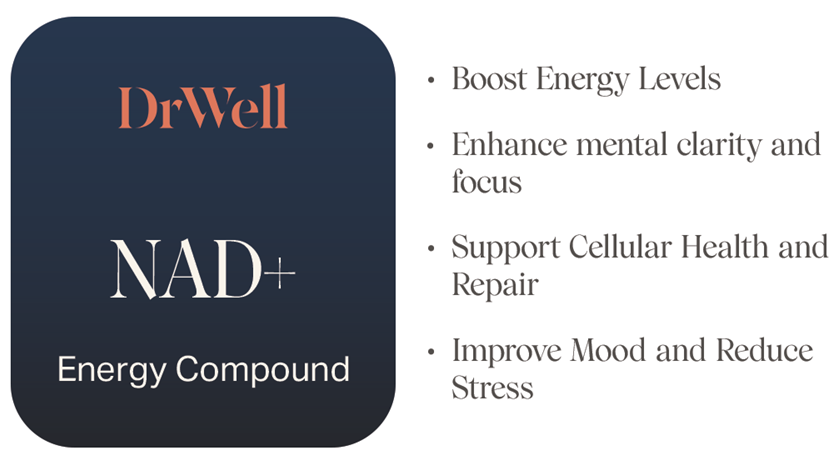As internal health and overall wellness continue to be top of mind, the number of supplements available to consumers shows no signs of slowing down. But not everyone wants to down a palmful of pills daily to get a dose of the vitamins, minerals, and nutrients they may be lacking. So instead, IV vitamin therapy and vitamin injections are alternatives that go to work fast to leave you feeling and looking better.
What is vitamin therapy?
During IV vitamin therapy, vitamins, minerals and/or medications are delivered to the body through injections or an intravenous drip to nourish, hydrate, and restore depleted or insufficient vitamin levels. As Jan Ramiro, BSN, RN, explains, IV therapy has been around for about 100 years and was primarily used in hospitals and infusion centers to administer medications to patients. “The IV therapy trend stems from applying that established medication administration method as a way to supplement vitamin and mineral intake that one may not achieve through diet,” she says.

Oral vitamins must bypass the digestive system before they are absorbed into the bloodstream where the body can make use of them. “The process is slow, and ingested vitamins typically have approximately 50% bioavailability, meaning that only half of the dosage taken is available for the body to use,” says Ramiro. However, IV vitamin therapy works a little differently. “During IV therapy, a specific ‘cocktail’ of medications, vitamins, and minerals are mixed a bag of IV fluids that is administered directly into a patient’s veins,” she explains. “These vitamins then enter the patient’s bloodstream and start to work immediately.”
Plus, vitamins given via IV—the entire treatment takes 20 to 40 minutes—are 100% bioavailable because, as Ramiro shares, the dose is directly injected into the bloodstream, bypassing the digestive tract altogether. “We can also use smaller doses, resulting in is less waste, and providers can control exactly how much of each vitamin a person takes in.”
Everything they work for
IV vitamin therapy and vitamin injections cover a vast amount of ground. However, each specific issue or ailment needs an equally specific vitamin cocktail to work its magic. There’s plenty that vitamin therapy works for, including:
• Replacing essential vitamins and minerals that support bones, heal wounds, and boost the immune system
• Assisting the body in converting food into energy to improve energy levels and repair cellular damage
• Delivering antioxidants to maintain a healthy immune system and detoxify the body
• Providing relief from chronic fatigue syndrome, fibromyalgia, depression, migraines, respiratory problems, allergies, acute viral illnesses, infections, and more
• Anti-aging properties such as improving skin, brain, and heart health
• Weight loss benefits (when combined with a healthy diet and exercise)
• Restoring balance to the body after an illness, diet deficiencies, or lack of rest

Most vitamins can be administered via IV therapy, but the most commonly used ones are vitamins B-12, B complex, C, and D. “These are the vitamins that patients are typically lower in, especially because the body cannot make vitamins B-12 and D, so you must obtain them from other sources,” says Ramiro.
Ramiro says that treatment frequency is based on how the patient feels, daily activities, and if someone is supplementing for something lacking. “We recommend one treatment every one to two weeks to start, and then one treatment every one to two months going forward,” she suggests. To maintain the results, additional treatments as needed are often encouraged. “For example, patients who have been around someone sick with a viral illness may want an immunity boost to prevent themselves from getting sick. Or, a patient who is participating in a triathlon might want a pre- or post-event boost to help with muscle recovery,” she adds.
What else you need to know
Sure, IV vitamin drips and injections can make a world of difference. But you always want to make sure you are receiving these treatments from an experienced medical provider, be it a doctor or nurse. Before any vitamin therapy, Ramiro says your provider should always review your past medical history, current medications, and allergies to ensure that the vitamins, minerals, and medicines administered have no contraindications. Additionally, sterile technique is required to minimize and prevent risks or complications, which a trained provider is proficient in. “Although rare, there can be potential complications to IV therapy, such as infection or infiltration, and an experienced professional can recognize symptoms of these complications and treat them accordingly,” she adds.





